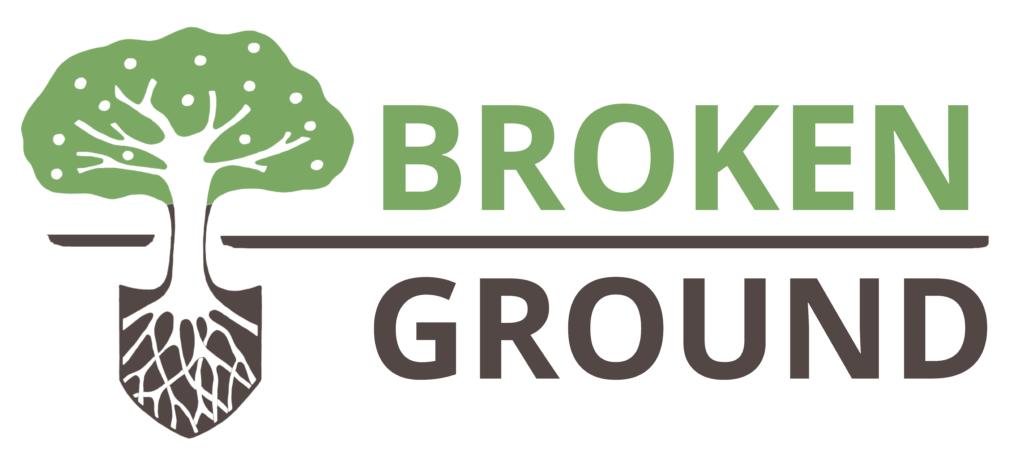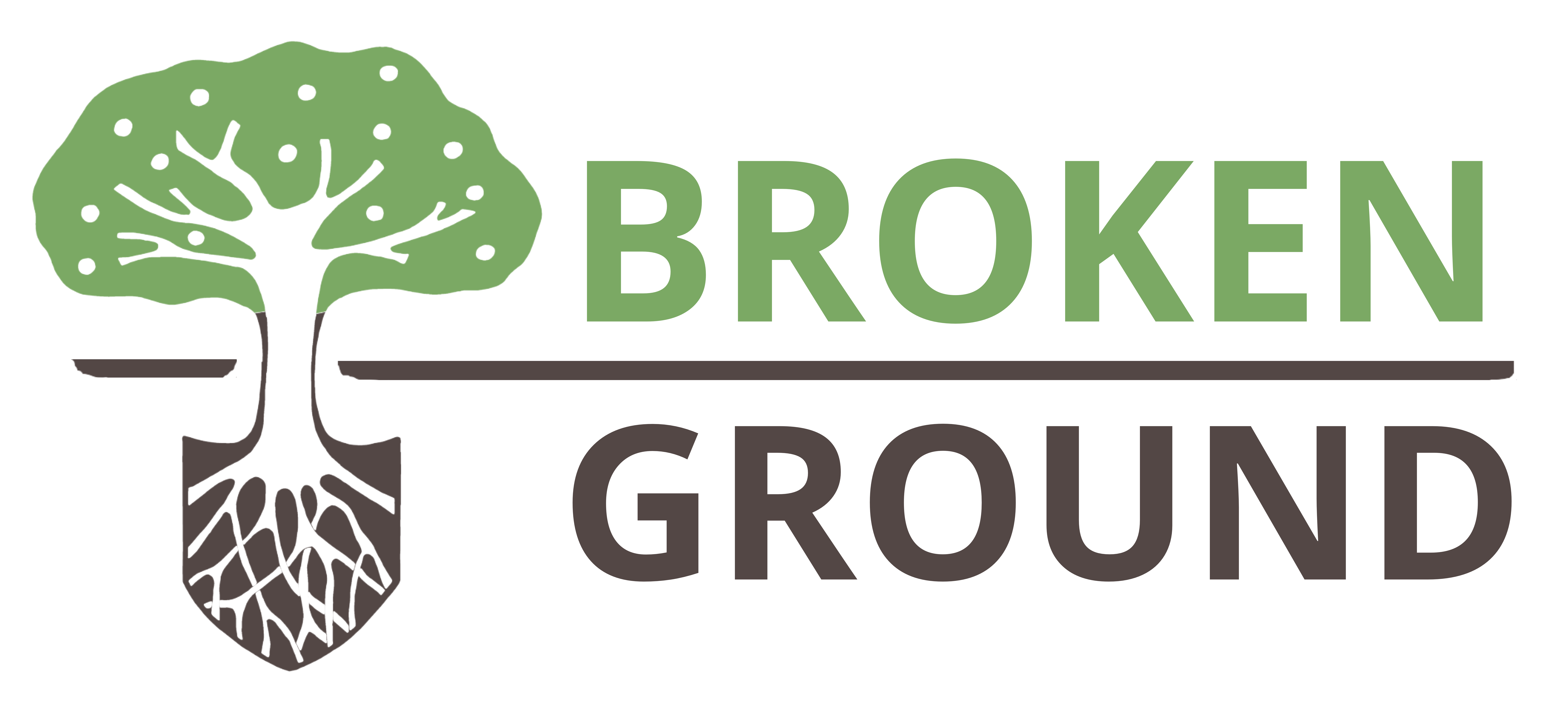I’ve been spending way more time indoors the past few weeks (and it’s not just because we’re in a pandemic :-). Even though my kale, chard and lettuce have made it through these frigid temperatures and are still growing outside (check out my short video here), I’ve definitely felt the urge to snuggle up on the couch, sip tea, and read a good book or watch a good movie.
I’ve also spent quite a bit of time in the kitchen, not only preserving the harvest but making delicious soups, roasted veggies, fresh salsa, and baked goods.
November also means that we’ve moved into hunting season. In our household, this usually involves 4am wake-ups with my husband going off to wander the woods, looking to restock our freezer. Our garage turns into a temporary butcher shop and time is spent processing and wrapping the meat we eat for the entire year.
Admittedly, I’m not the biggest fan of this season, preferring instead to commune with plants, but it’s a pattern on our homestead that I respect, honor and participate in with intention. It’s another thread of connection to our food and an acknowledgement of the time, energy and commitment it takes to put it on the table.
I’m writing today because as we move into winter and COVID cases in our community increase, I’ve been thinking a lot about Permaculture’s 2nd ethic of People Care.
If you know a little about permaculture, you know that it is a philosophy and design framework that is guided by three ethics, Earth Care, People Care and Fair Share.
 With the People Care ethic, permaculture designs are meant to care for us, our families and our wider communities. If we aren’t caring for people, then there is a flaw in our design. We recognize that wisdom lies within the group, and that companionship and collaboration are fundamental to the human condition and essential to bring about lasting change.
With the People Care ethic, permaculture designs are meant to care for us, our families and our wider communities. If we aren’t caring for people, then there is a flaw in our design. We recognize that wisdom lies within the group, and that companionship and collaboration are fundamental to the human condition and essential to bring about lasting change.If we use that People Care ethic as a guiding principle, then we understand that our collective health and well-being is important. Since the beginning of the pandemic, I’ve been fascinated, frustrated and angry that COVID has become a political issue. To me, it has and always will be a public health issue. A community health issue, a people care issue.
It’s a recognition that we are all in this together and that our actions, big and small, have an impact on the whole system. The health of our community is inextricably wrapped up in ours. Just like the health of the planet is undeniably tied to our well-being. It’s not about rights being violated but rather the responsibility that we assume when we live by an ethic of People Care.
As we move into the holiday season and we see many of our local businesses struggling because of lockdowns and social distancing measures, please consider supporting them if you can. This is a time of struggle for many people. People are losing their ability to meet their basic needs. The people care ethic is more important than it’s ever been. This ethic will not only save lives but livelihoods.
Whether it’s buying more local food for your holiday meals or supporting local businesses in your gift giving, the more we can keep our spending dollars in our communities rather than lining the pockets of large corporations, the healthier and more resilient we will be on the other side of this.
To that end, I have a few resources for you if you live in the Gallatin Valley area. And even if you don’t, I encourage you to seek out local businesses in your community and to support them.
If you missed the online presentation last week, How (and why) to Put Local Foods at the Center of your Thanksgiving, you can catch the replay here. The Gallatin Valley Earth Day Committee also put together this excellent resource of how to support local this holiday season.
To buy local food for your holiday meals (or any of your meals!):
Visit the Bozeman Winter Farmers’ Market.
Order directly from a local online market or farm:
- Root Cellar Foods Market – online marketplace of locally grown and produced food
- Farm Cart Foods – local food subscriptions delivered to your door, sourced from farms, ranches, and food crafters across Montana
- Amaltheia Organic Dairy – currently having a pandemic cheese sale, in addition offering farm boxes for pickup
- Black Dog Farm – selling holiday turkeys as well as pasture raised poultry, pork and eggs, online marketplace for other locally grown and produced food
- Gallatin Valley Botanical at Rocky Creek Farm – farm stand open through November, in addition to online ordering
- Three Hearts Farm – farm stand open every Friday throughout the winter
- Roots Kitchen and Cannery – online market for locally sourced canned veggies, pickles and jams
Here are some ideas for local gifts that support individuals and small businesses:
- Consider making a donation in someone’s name to a non-profit as a gift. Hopa Mountain is doing a great job at helping meet the needs of food insecure tribal nations across Montana. The Gallatin Valley Food Bank continues to provide support for food insecure families.
- Christmas in the Country lists a series of vendors who make local crafts and gifts. Go to their page for ideas and links to vendors.
- Gift certificates for massages from ReIntegrative Massage, Place on Earth Wellness or Harmonized Healing
- Acupuncture treatments, nutrition coaching, shiatsu, and other treatments at Enso Natural Medicine
- Gift baskets and honey from the Bozeman Honey Company
- One or two night stays at Root to Rise Gardens in the Shields Valley, a fabulous bed and breakfast, market garden and retreat.
- Gift cards from Whole and Nourished – Heather McDonnell sources as many local ingredients as possible and drops off home-cooked meals right to your door, with reusable or compostable containers.
- Gift cards to local restaurants that use local and regional ingredients such as Little Star Diner, Montana Ale Works, Lot G, Feed Cafe, Feast, Blackbird, Fork & Spoon, and Red Tractor Pizza. Even if you might not be able to sit down at their restaurant, you can get takeout and enjoy a delicious meal at home.
- Earrings from Piggy and the Pearl. My talented friend ,Whitney, makes some amazing leather painted earrings. I’ve actually seriously considered getting my ears pierced, just so I can wear her earrings!
- Jewelry from Tranquility Stones Jewelry. When Meghan Melander isn’t farming, she’s making beautiful necklaces, bracelets and earrings!
If you know me, you know I’m not a purist. We don’t need to do this ‘buying local’ thing perfectly; it’s just important that all of us do it imperfectly.
Care for yourself, your friends and family, and your community this holiday season.


